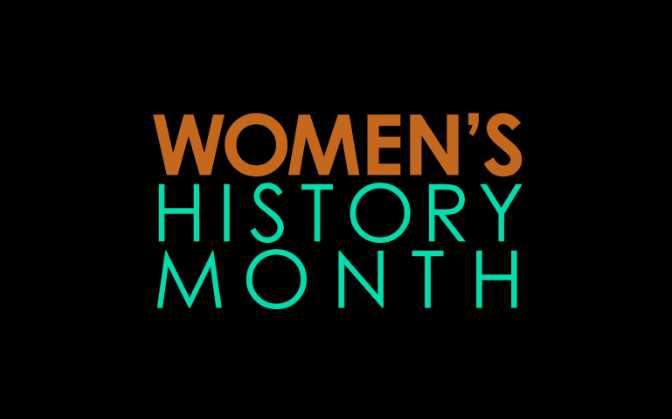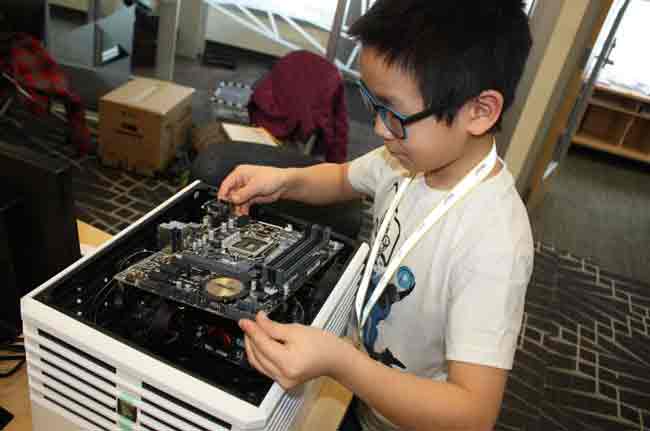Bill Would Expand Opportunities to Earn Degrees in Science, Technology, Engineering and Math for Alaska Native, Native Hawaiian, and American Indian Students.
WASHINGTON D.C. – Senator Lisa Murkowski (R-AK) and Senator Brian Schatz (D-HI) have introduced the Building Indigenous STEM Professionals Act. This legislation will reauthorize and amend a grant designed to help create or expand programs that produce Native Alaskan and Native Hawaiian graduates in science, technology, engineering, and math fields (STEM). Inspired by the nationally-recognized Alaska Native Science and Engineering Program (ANSEP), which grows STEM professionals from elementary school through college, this legislation is intended to support similar programs and expand opportunities for indigenous students throughout the country.
“The University of Alaska’s ANSEP program has helped more than 800 students to earn degrees and embark on satisfying careers in a variety of STEM fields. There are more than 2,500 more students working toward such degrees. I’m proud to introduce this legislation that will expand opportunities in STEM education for indigenous students across the country and very pleased to have this opportunity to work with Senator Schatz on this effort,” said Senator Murkowski.
“Through ANSEP and other innovative programs at the University of Alaska, we have created pathways for Alaska Native students to pursue STEM degrees and careers. Expanding this legislation will provide opportunities for higher education institutions throughout the US to partner with government, industry, K-12 and Native American organizations to provide similar pathways for students in STEM fields that are key to economic and social development,” said Jim Johnsen, University of Alaska President.
Positively influencing education across Alaska since 1995, the Alaska Native Science and Engineering Program (ANSEP) provides indigenous students opportunities to engage in hands-on STEM learning from middle school through graduate school. A combination of rigorous academic preparation, opportunities to put learning into practice, and cultural relevancy has resulted in a highly successful pathway to high-paying jobs that make a positive difference in our communities.
[content id=”79272″]








